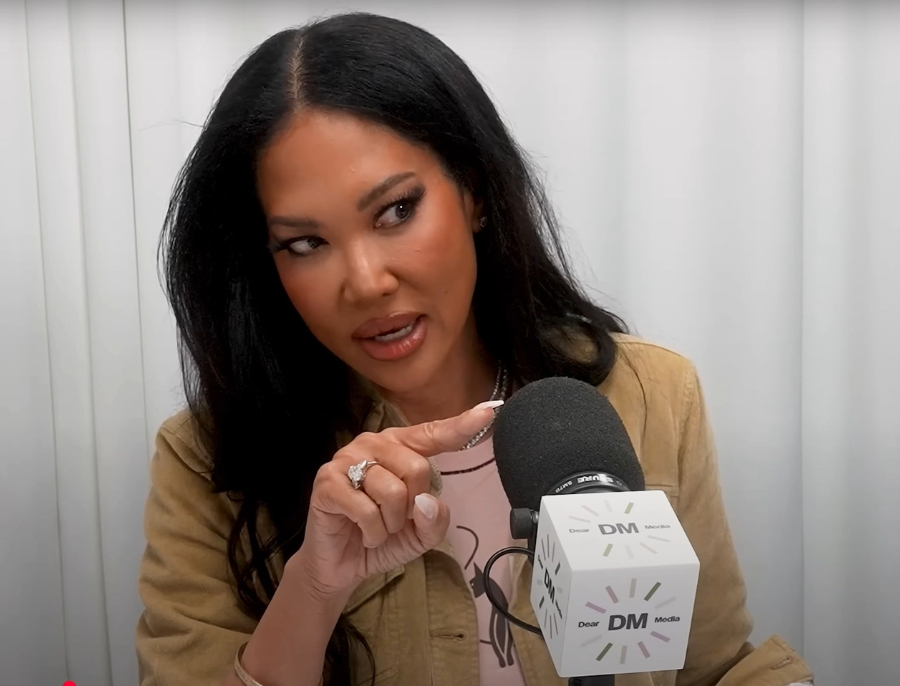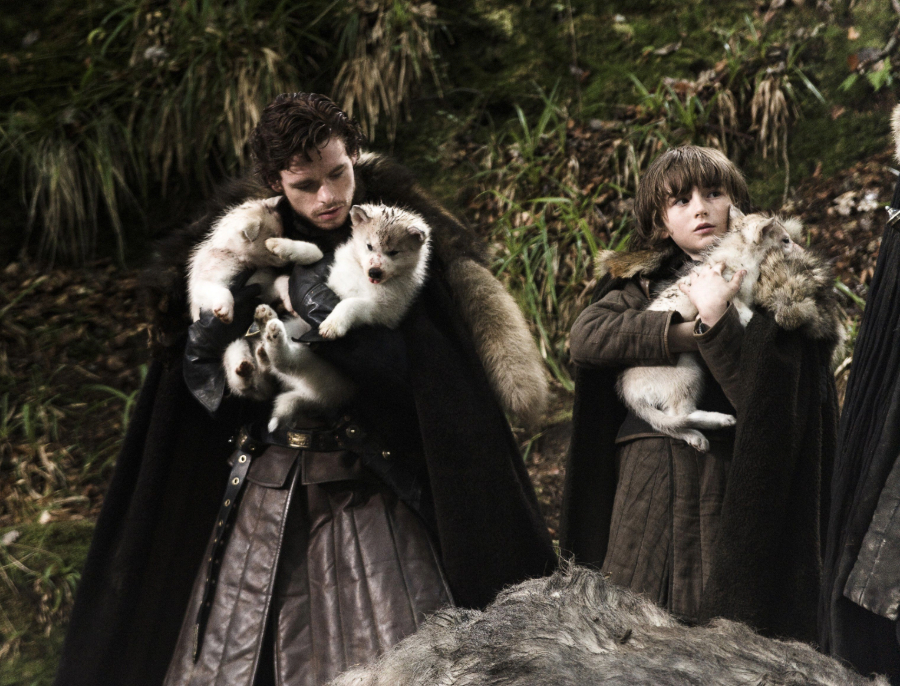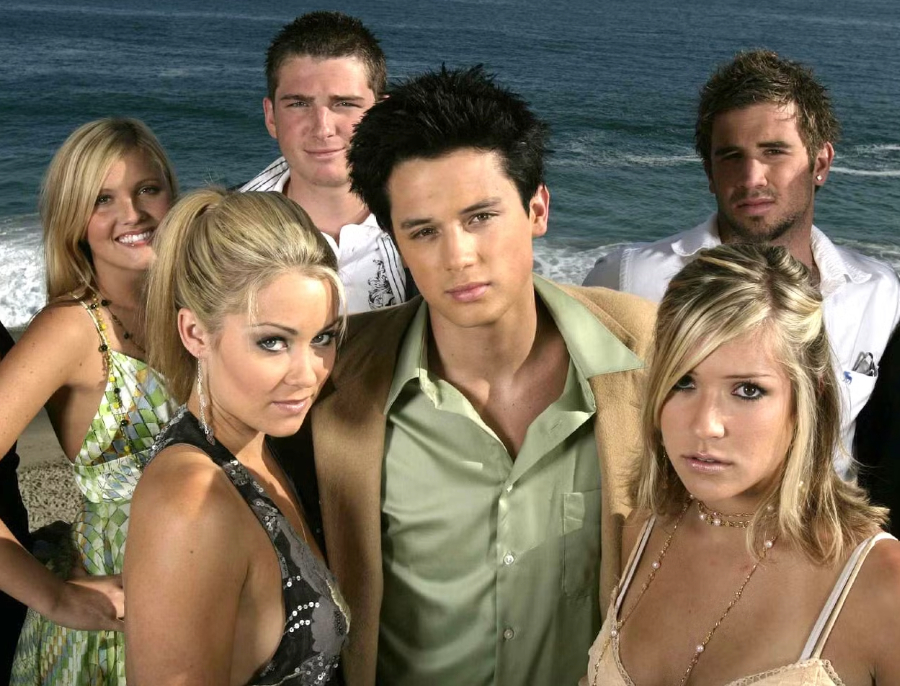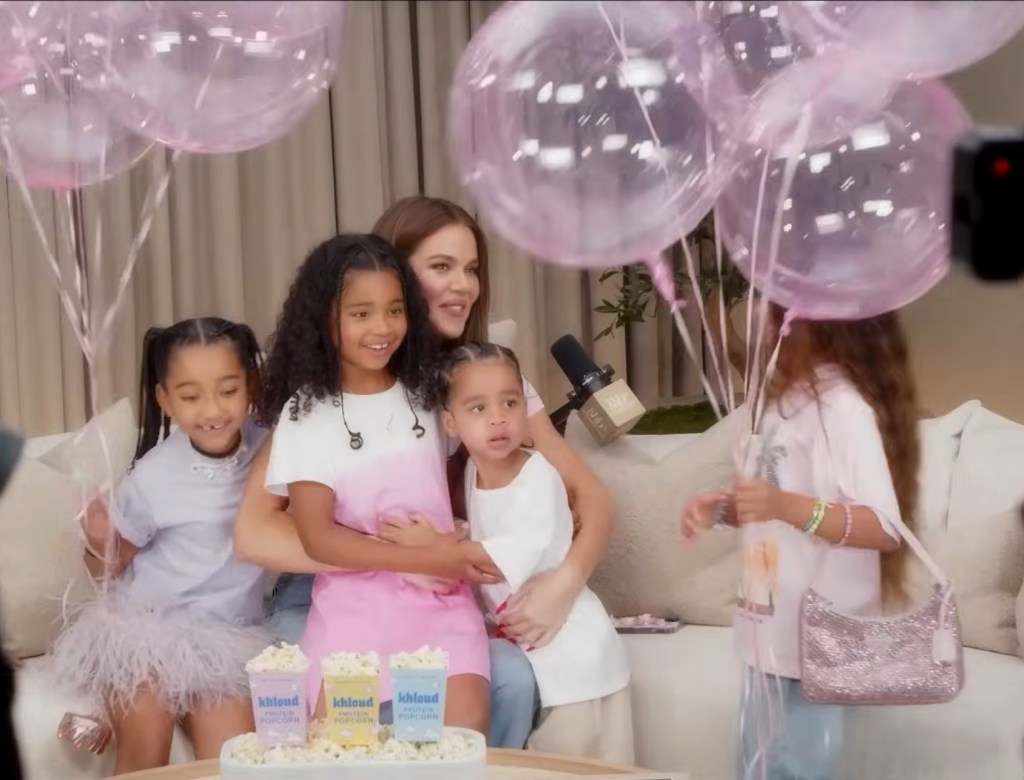Kimora Lee Simmons on Bullies, Baby Phat, and Why Y2K Fashion Is Bigger Than Ever

Kimora Lee Simmons became a Chanel runway icon at the age of 13. Still, the runway was a long way from the rural Missouri childhood where she “never, never, fit in,” she shares with The Skinny Confidential Him & Her Podcast hosts Michael and Lauryn Bosstick. That outsider energy became her fuel. By 15, she was living alone in a Paris model apartment, racking up “$5,000 a month phone bills” just to hear her mother’s voice. The homesick teenager learned that confidence—and a relentless work ethic—weren’t optional.
Decades later, her influence spans fashion, beauty, and business. The Baby Phat founder has built a career on resilience and reinvention, proving that setbacks are just setups for comebacks.
So, how did Simmons push past bullies, build (and lose, and repurchase) a billion-dollar label, and position herself for whatever comes next?
From runway prodigy to business powerhouse
Simmons’s first Paris casting was with Chanel, but the modeling industry’s mean girl culture took a toll on her. Catwalk idols were catty, and Simmons notes that “anything you’ve ever heard of in a documentary or in a book has happened.” Rather than breaking under pressure, she pivoted. “I started Baby Phat at a very young age,” she says of her turn on the other side of the runway.
Baby Phat’s secret was equal parts high fashion savvy and sisterhood. Simmons delivered “a lot of fashion and insight and style and flair for a buck,” so women could snag a Baby Phat jean when designer options were financially out of reach. She wasn’t just selling crop tops—she was selling a movement based on financial independence. As she puts it, “I gave women a voice.”
Facing bullying and breaking through industry barriers
Early success didn’t insulate Simmons from criticism. Models mocked her six-foot height, ethnicity, and curves, but quitting was never an option. “Do you want to go to Saint Louis and be picked on, or be in Paris at 31 Rue Cambon [the Chanel headquarters] with supermodels picking on you? Take your pick,” she says she told herself.
Simmons chose the runway, then used the experience to advocate for others. Today, she hires women “of all shapes and sizes” and turns industry rejections into casting wins.
Reclaiming Baby Phat and redefining success
The Y2K era turned Baby Phat into a full-blown movement, but success came with a hard lesson. After selling the company, Simmons discovered the pain of watching outsiders run her creation. “The worst thing is to be emotionally attached to something great that you built and not be able to let it go,” she explains.
So she made an unprecedented move—she repurchased the company. “I went back many, many years later,” and reclaimed Baby Phat just as Gen Z rediscovered Y2K aesthetics. The relaunch hasn’t been an instant success; the pandemic forced a reset, and she admits it’s “just now starting to pick up and turn around.” Still, Baby Phat 2.0 is a woman-owned, woman-led brand built for legacy. “I did it when I was a kid, and now my kids are here doing it,” she says.
What’s next for Kimora Lee Simmons?
Ask Simmons for advice, and she skips the platitudes. “Get yourself out there…loan it, give it, put yourself in the fashion show at the local high school,” she advises. She also preaches financial grit—her early investment in Celsius became a NASDAQ bell-ringing win.
Motherhood remains central. Decades after carting toddlers to fittings, she’s still protecting the next generation, reminding her kids that anonymous trolls don’t define them. “If you go looking for sh*t on the internet, you’re gonna find it,” she warns.
So, what does the reigning supreme look like in 2025? For Kimora Lee Simmons, it’s mentorship, equity, and unapologetic sparkle. She’s building Baby Phat into a multigenerational empire, championing girls who feel “different,” and making sure every woman—whether she rocks a vintage velour tracksuit or a limited-edition collab—knows she belongs on her runway.
Because if there’s one through line in Simmons’ story, it’s this: Obstacles are simply outfit changes on the way to the throne. And the queen of fab? She’s not stepping down any time soon.
Read Next
- How Farhana Bodi of ‘Dubai Bling’ Built Her Empire
- This Iconic Celebrity Wardrobe Stylist Is Joining ‘The Real Housewives of Beverly Hills’
- The Beauty Industry Can Make You Feel Ugly—Here’s How to Fight Back




















Leave a Reply